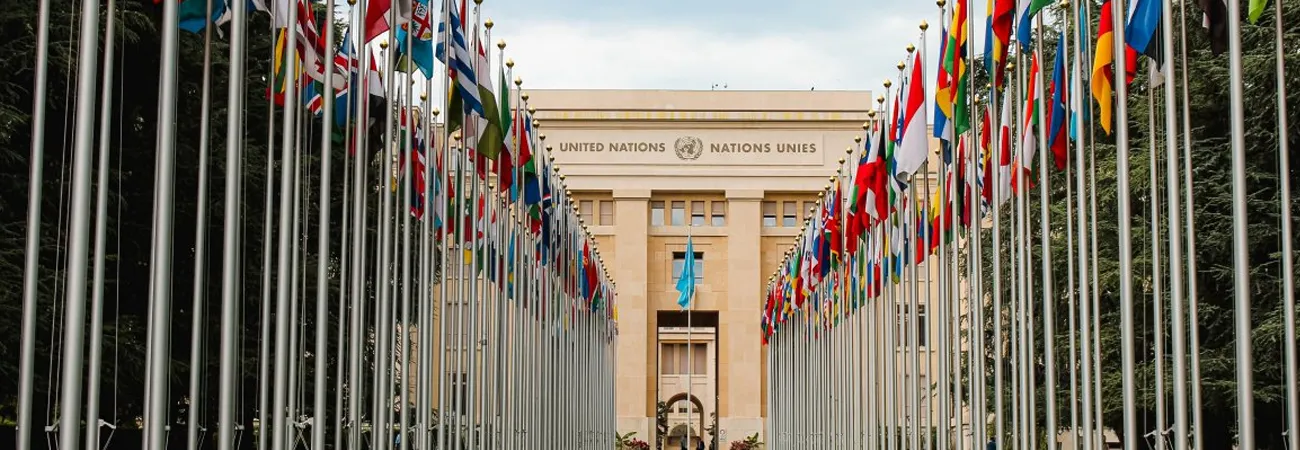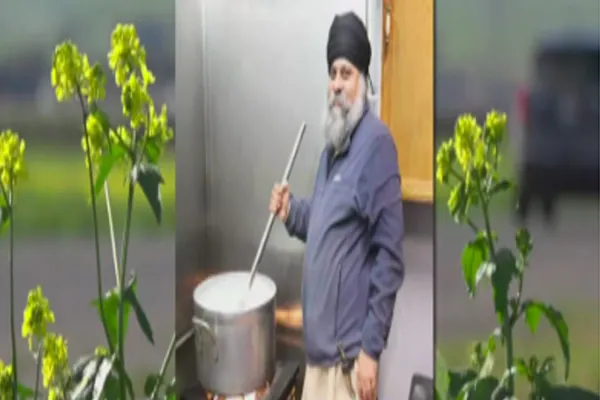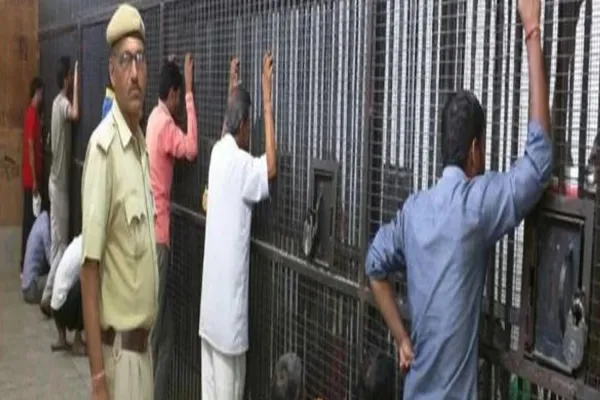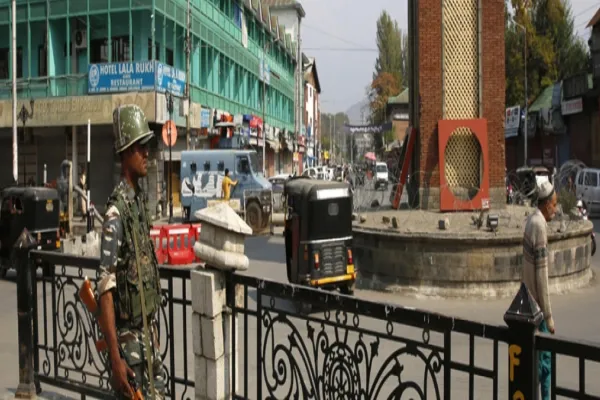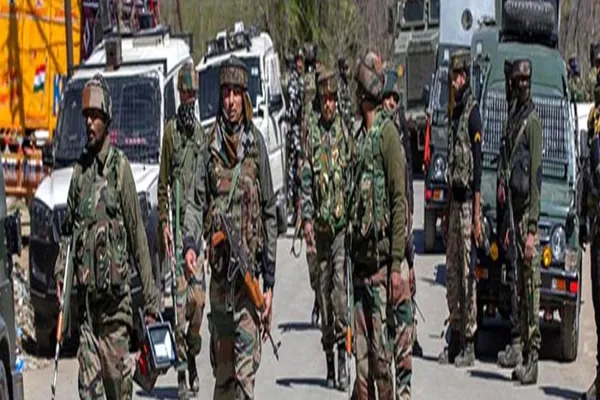i NEWS INTERNATIONAL
Human societies need a radical overhaul to stop the destruction of the planet, according to the UN biodiversity expert panel's "transformative change" report released. The assessment, the second by the expert panel this week, says overconsumption in richer countries, a concentration of wealth and power, and a society increasingly disconnected from nature were driving ecological destruction. It offered ideas of how to respond to "biodiversity loss, nature's decline, and the projected collapse of key ecosystem functions". Taking action will be difficult -- but not impossible, the report said.
"It is not just governments. It is not just business. It is not just civil society. It is all of us. We all need to work together," said Arun Agrawal, one of the lead authors of the report from the Intergovernmental Science-Policy Platform on Biodiversity and Ecosystem Services (IPBES). Here are three examples of successful transformations, big and small, according to IPBES. In 2002 Spain suffered what was at the time its worst environmental disaster, when the Prestige oil tanker broke in two, spilling fuel that blackened swathes of the Atlantic coastline.
Fishing communities in Galicia responded to the devastation by pioneering a new way to manage a marine reserve, with fishers, scientists, and the local authorities working together. The "Os Minarzos" reserve model was "not without tensions", IPBES said. But more than 17 years later, the area has better fishing practices, more species, and higher incomes -- as well as improved trust and cooperation. It also inspired new guidelines for the UN's agriculture body and a network of more than 20 million fishers in Europe and across parts of North and South America.
Credit: Independent News Pakistan (INP)


